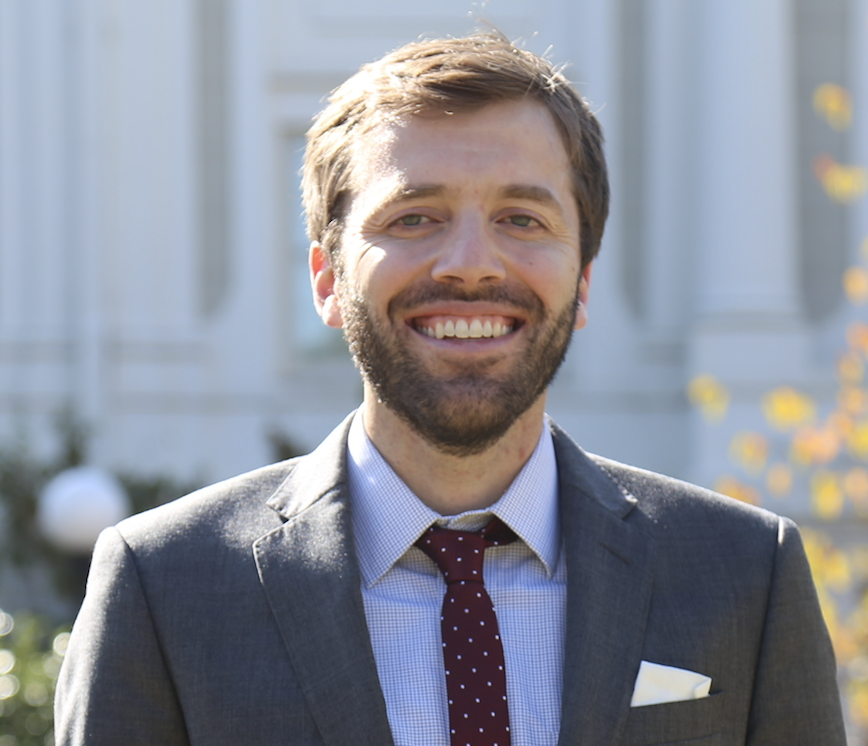Science and Innovation in Environmental Decision-Making: An Application to NEPA

Dr. Tyler Scott uses innovative data collection methods to understand complex collaborative governance and environmental policy decisions. Anyone who is an environmental professional or academic can draw insights from Dr. Scott’s work to improve environmental decision making or empirically understand how environmental policy decisions happen.
— Elliott Finn, Bren PhD Student
ABSTRACT
The 1969 National Environmental Policy Act (NEPA) requires that all proposed actions by federal agencies be evaluated for their socio-environmental impacts. NEPA documents thus provide decades of evidence about how agencies use science, listen to stakeholders, and weigh risks. This massive corpus of data has long been messily dispersed and largely inaccessible. Current text mining and natural language processing (NLP) tools make it possible to organize and extract information at scale from NEPA reviews. In this presentation, I will highlight results from several concurrent grant projects which use NEPA as a lens for learning about agency behavior and bureaucratic processes. In particular, I will address: (1) the scientific evidence base agencies use for decisions; and (2) the use of boilerplate language versus original analysis. Amidst heated political battles over NEPA reform and retrenchment, it is important to consider how agencies currently conduct their environmental assessments. Further, as chief executives have used NEPA as a launchpad for regulations that prioritize their policy agendas, understanding how agencies build an evidence base and conduct their analyses speaks directly to the challenges of integrating priorities such as climate adaptation or renewable energy into the existing regulatory apparatus.
BIO
Tyler A. Scott is an assistant professor in the Department of Environmental Science and Policy at the University of California, Davis. His primary research interests include collaborative governance, infrastructure decision-making, the environmental and social impacts of urban fragmentation, and the role of stakeholder input and scientific evidence in environmental regulation. Scott’s work has been published in outlets such as the Journal of Public Administration Research and Theory, Urban Studies, Policy Studies Journal, and the Journal of Policy Analysis and Management.